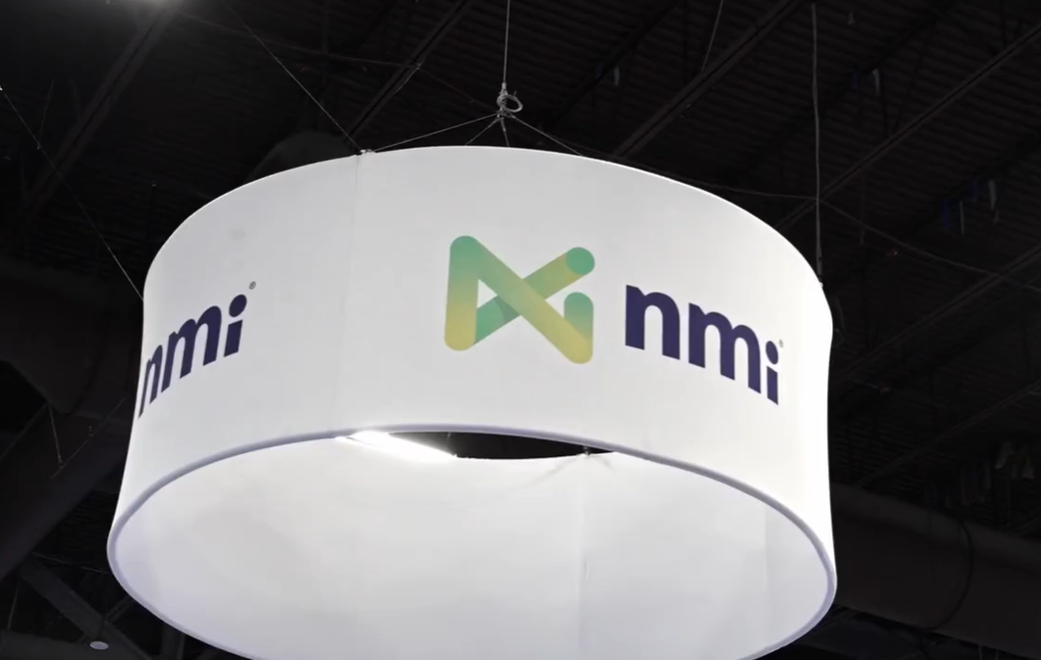The U.S. Small Business Administration has announced that some private non-profit organizations in North Carolina that do not provide critical services of a governmental nature may be eligible to apply for low interest rate disaster loans.
These loans are available as a result of a Presidential disaster declaration for Public Assistance resulting from damages caused by severe storms, flooding, landslides and mudslides on Jan. 14-17, 2013.
Those non-profits located on the Eastern Band of Cherokee Indians and Associated Lands in North Carolina that provide non-critical services are eligible to apply. Examples of eligible non-critical PNP organizations include, but are not limited to food kitchens, homeless shelters, museums, libraries, community centers, schools and colleges.
“Privete Non-Profit Organizations (PNP) are urged to contact the North Carolina Emergency Management Agency to obtain information about local briefings. At the meeting, PNP representatives will need to provide information about their organization,” said Frank Skaggs, director of SBA Field Operations Center East in Atlanta. The information will be used to submit a Request for Public Assistance, which FEMA uses to determine if the PNP provides an essential governmental service and meets the definition of a “critical facility.” Based upon that conclusion, FEMA may provide the PNP with a Public Assistance reimbursement grant for their eligible costs or refer the PNP to SBA for disaster loan assistance.
PNP organizations may borrow up to $2 million to repair or replace damaged or destroyed real estate, machinery and equipment, inventory and other business assets. The SBA may increase a loan up to 20 percent of the total amount of disaster damage to real estate and/or leasehold improvements, as verified by SBA, to make improvements that lessen the risk of property damage by future disasters of the same kind.
The SBA also offers Economic Injury Disaster Loans to help meet working capital needs, such as ongoing operating expenses to PNP organizations of all sizes. Economic Injury Disaster Loan assistance is available regardless of whether the organization suffered any physical property damage.
Interest rates are as low as 2.875 percent with terms up to 30 years. The SBA sets the loan amounts and terms based on each applicant’s financial condition.
Applicants may apply online using the Electronic Loan Application via SBA’s secure website at https://disasterloan.sba.gov/ela.
Disaster loan information and application forms may also be obtained by calling the SBA’s Customer Service Center at 800-659-2955 (800-877-8339 for the deaf and hard-of-hearing) or by sending an e-mail to disastercustomerservice@sba.gov. Loan applications can be downloaded from the SBA’s website at www.sba.gov. Completed applications should be mailed to: U.S. Small Business Administration, Processing and Disbursement Center, 14925 Kingsport Road, Fort Worth, TX 76155.
The filing deadline to return applications for physical property damage is April 30, 2013. The deadline to return economic injury applications is December 2, 2013.
Thanks for reading CPA Practice Advisor!
Subscribe Already registered? Log In
Need more information? Read the FAQs
Tags: Nonprofit, Small Business, Taxes



